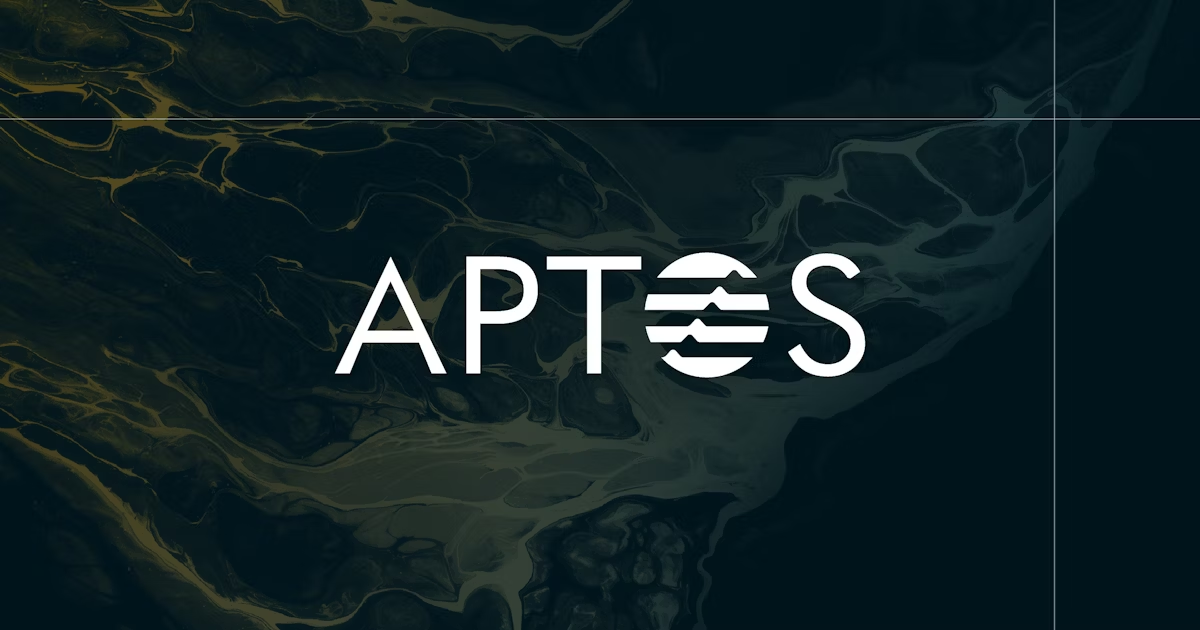A Bank of America cryptocurrency report warns of the risks and potential market disruption from anti-privacy government measures.
Cryptocurrencies “challenge the ability of governments to levy taxes and to control capital flows more broadly,” according to a recent report from Bank of America Securities obtained by CoinDesk. Uncertainty over how the U.S. governments will act to limit these use cases presents an key risk for cryptocurrency investors.
“Encrypted private wallets with digital assets that can be transferred across borders would seem to undermine
the monetary sovereignty of every nation-state,” the report says.
In an “extreme case,” regulators could simply ban all institutions and intermediaries from transacting with cryptocurrencies. Or the government could increase customer information reporting and access requirements for cryptocurrency exchanges, which the report describes as a more plausible possibility.
Also, support for central bank digital currencies (CBDCs) are not “just a form of payments competition,” the report says. “They are also an effort to replace private digital assets with publicly-controlled ones.”
How effective state-run counter-privacy measures will be is a separate question. The authors admit that no matter how burdensome, anti-privacy regulatory changes “might instead be meaningless”. Users committed to transaction privacy “could potentially create a second ‘truly private’ wallet to which they send currency from their now-public wallet, and continue to make anonymous cross-border transactions.”
“At some threshold, banning private digital assets would become too politically risky, too disruptive to constituents,” the report says. But carefully targeted regulations designed to restrict privacy could impose a “serious burden” on users.
Bank of America’s analysts said they are closely watching the risks and expected responses by the US government to limit private cryptocurrency transactions. And given “uncertainty about how cryptocurrency markets would react to a reduced-privacy environment,” the report suggests investors should “approach digital assets cautiously.”
Credit: Source link













































































































































